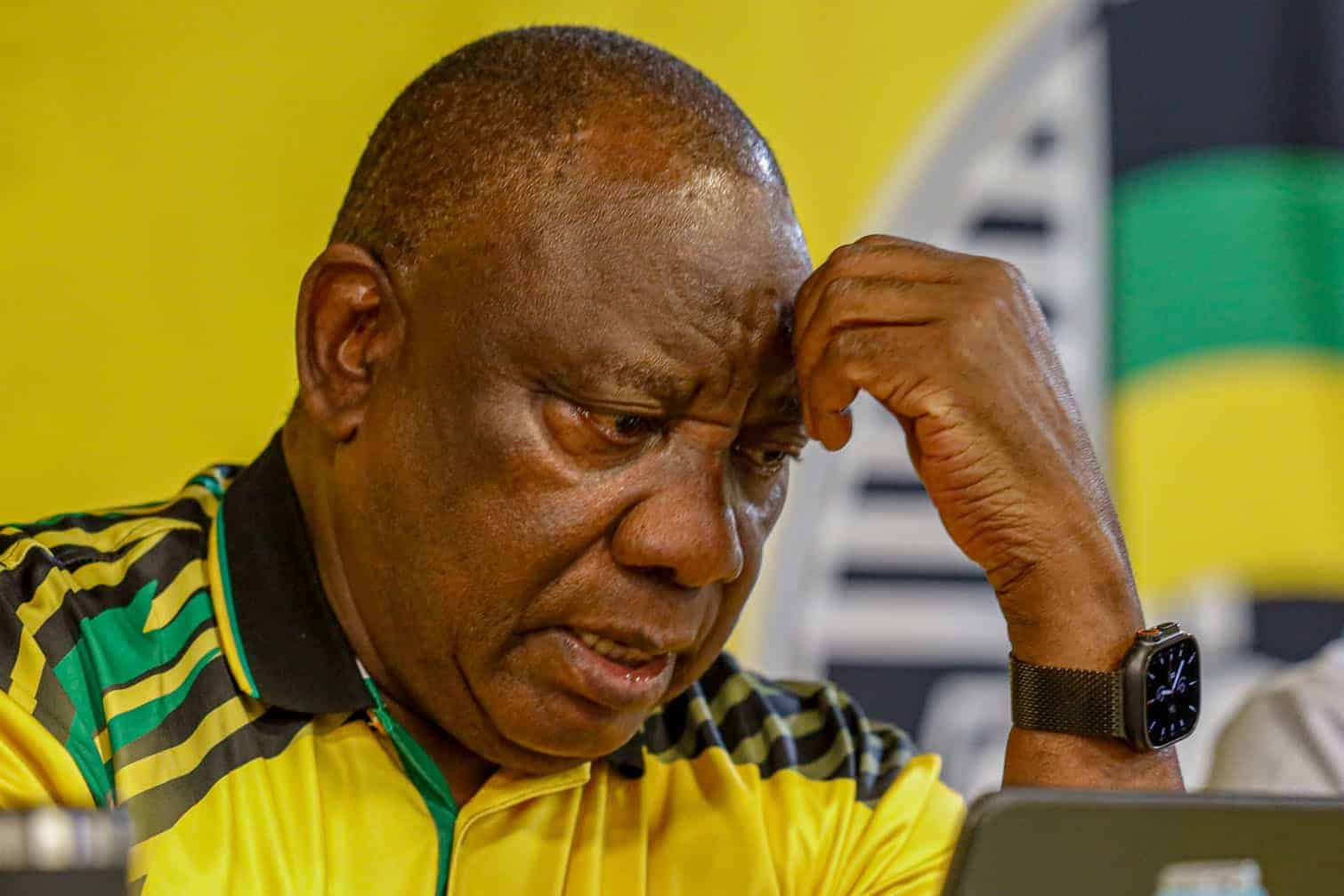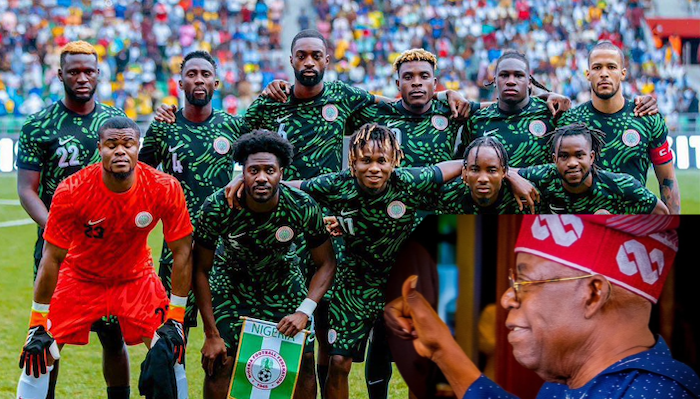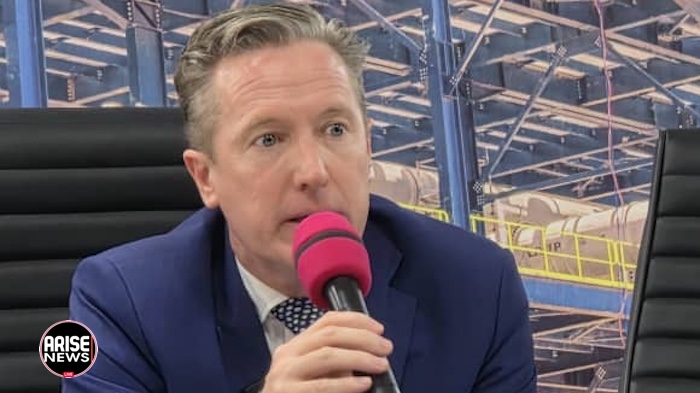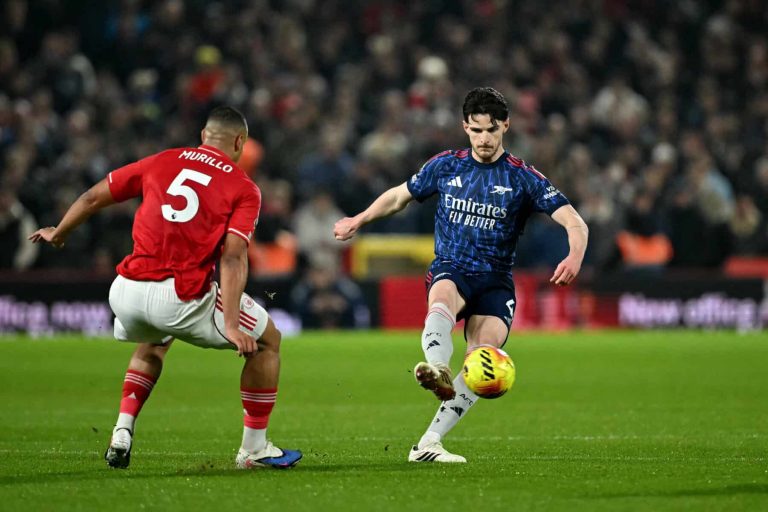
BOKSBURG, SOUTH AFRICA - OCTOBER 06: President Cyril Ramaphosa during the media briefing after the African National Congress (ANC) National Executive Committee (NEC) special meeting at Birchwood Hotel on October 06, 2025 in Boksburg, South Africa. The National Executive Committee (NEC) deliberated on key issues of national importance, including the economy, governance, and progress in service delivery.(Photo by Gallo Images/Sharon Seretlo)
“Peace” was “restored” in Gaza this week, and despite its being among the most vocal commentators on the war, SA didn’t get a ticket to the party.
It is strange that a nation that took Israel to the International Court of Justice over genocide, and which drew support for the cause from around the world, would now be left watching through the window while the whole matter is being “put to bed”.
How are we relegated from being a central figure in discourse around the war to merely a footnote, if that? It adds strength to the argument many critics have made for some time, that we were merely a pawn in the global chess match.
And when the guest of honour at the summit is a man, US President Donald Trump, who has been openly hostile to South Africa, what other outcome was there?
Foreign policy for sale
Leaders like ANC secretary-general Fikile Mbalula have long claimed that we are an independent, sovereign nation that will not be dictated to by foreign bullies. He even said that his party is not scared of sanctions against them. These remarks eight years after his now deputy Nomvula Mokonyane famously declared: “Let the rand fall, we will pick it up.”
However, when we have invested so much of our global image in a conflict for which we are no longer acknowledged, it raises significant questions about our sovereignty.
If our state, and now our police, are for sale, why can’t our foreign policy be too?
We are being used. But it is a position our government is used to. Officials have often submissively given in to external pressures if it suits them. Even if the benefit is to avoid drawing attention to themselves by not kicking up a fuss about the summit, and staying in power longer.
ALSO READ: A VIEW OF THE WEEK: Embarrassing Parliament sideshows put SA at risk
Two-state solution … really?
The ANC, which holds the most powerful positions in SA’s ruling government of national unity (GNU), is pro-Palestine. This may also be a reason why the country was excluded from the peace summit that essentially became a Trump praise party.
However, as a government, South Africa has long called for a two-state solution. This was repeated by Middle Eastern leaders at this week’s summit as the only way to ensure lasting peace in the region.
Although this may seem like a distant possibility at the end of Trump’s 20-point peace plan, it is not currently on the cards that Trump holds. He admitted so himself when he told reporters: “I’m not talking about single state or double state or two state. A lot of people like the one-state solution. Some people like the two-state solution. We’ll have to see”.
Instead, his plan paints a scenario of a separate state-like Gaza run by “qualified Palestinian” puppets controlled by himself and policed by outside forces that will no doubt boost his war-dependent economy. It will remain for an undetermined time until “the Palestinian Authority has completed its reform programme”.
It is the classic US military no-man’s land strategy that left Germany and Vietnam, for a time, and Korea, currently, divided.
It is a Trump business takeover to revive a dying American economy and feed his ego, rather than the political and societal realignment so sorely needed.
ALSO READ: EFF: The big bad wolf that turned sheep?
Committed to stability? Bring SA to the table
If a two-state solution is really at the heart of a resolution, rather than a deliberate annexation, then South Africa should be at the table.
As a country that has transitioned to democracy less than 32 years ago, we have experience in bridgebuilding, mediation, and power-sharing. We have veterans and activists who can provide invaluable insights.
Regardless of how you feel the transition was handled, war was averted, and no areas remain demilitarised zones – and that is a real victory still worth celebrating.
NOW READ: A VIEW OF THE WEEK: Trump should have learnt from SA ‘white genocide’ moemish before bombing Iran



